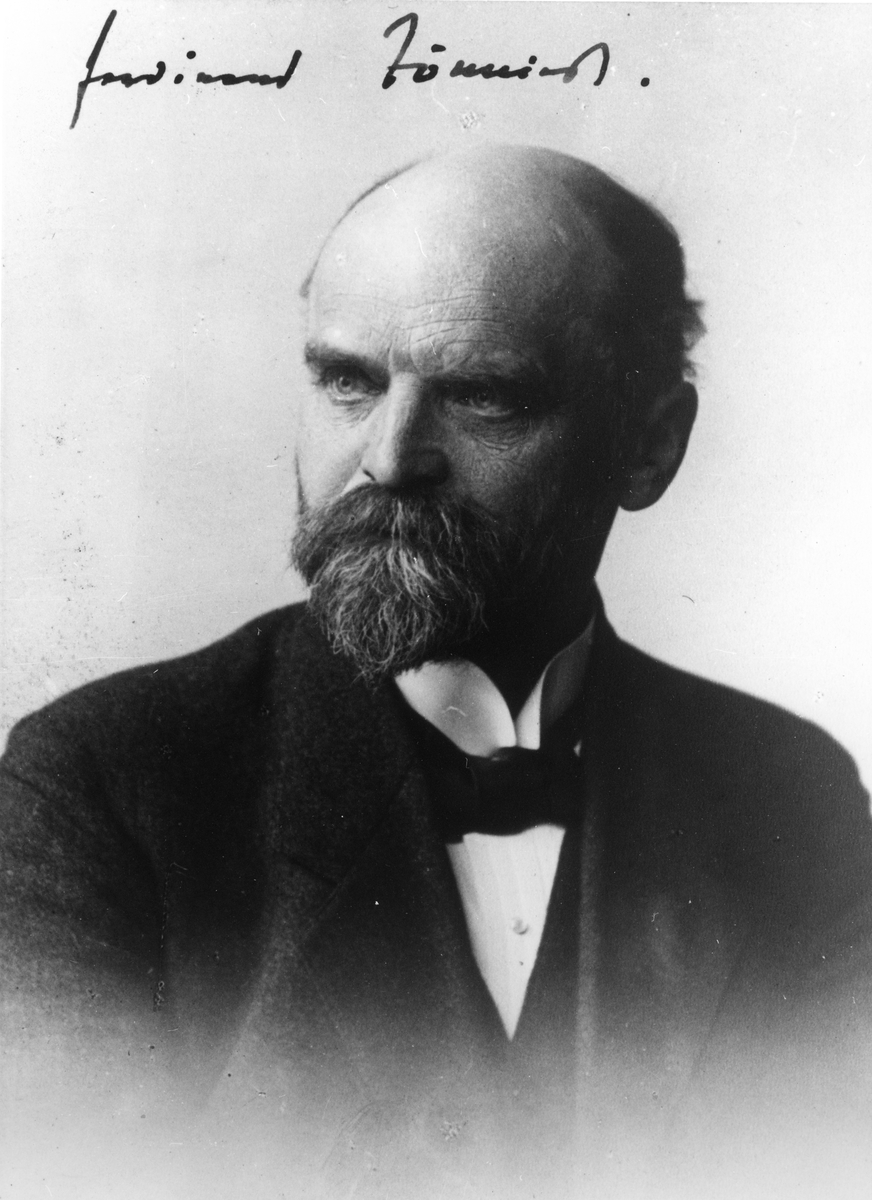Abstract
Ferdinand Tönnies (1855-1936) belonged to the first generation of
German sociologists. Community and Society
[Gemeinschaft und Gesellschaft], his
most important contribution to the field, was first published in 1887.
An analysis of the conditions of modern life, it offered a sketch of
society’s development from ancient to modern times, stressing the
differences between the binding social relationships of traditional
society, which he called “community,” and the more impersonal
relationships of the city, which he associated with “society.” Tönnies
helped found the German Society for Sociology and taught at the
University of Kiel until 1933, when he was dismissed by the National
Socialist regime.
